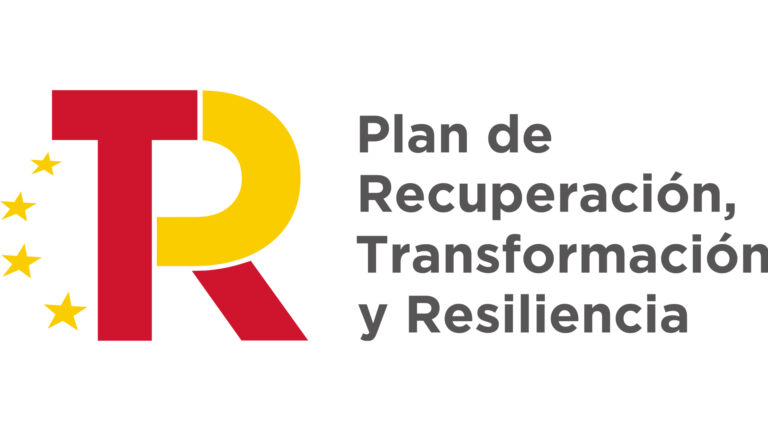The importance of the student’s active role in their own learning process
In light of the workshop offered by the coach and communicator Helena Blanco on the promotion of autonomous Spanish self learning, we wanted to talk a little more with her about the importance of the active role of the student in their own learning process. Learning something new, in this case Spanish, is always a challenge and can make for a very enriching experience. If we also encourage the autonomy of the student in their learning process, this experience can be even more rewarding.
Entrelenguas: Let’s start with the basics Helena, what is autonomous learning all about?
Helena: It’s a model that promotes the genuine commitment of the student to their learning. The student becomes the protagonist of their process, and plays an essential role in: planning their objectives; programming resources; identifying limitations and obstacles; their improvement, self-evaluation and in recognizing and celebrating their achievements. The student shifts from being passive to active. When learning autonomously, the student self-regulates and self-directs their learning. They are aware of their strengths, their areas for improvement, and work with awareness and motivation to achieve their goals in a disciplined way. In particular, when it comes to learning Spanish, the development of strategies that promote our autonomy as students will complement the work done in class, being a key factor for the understanding and real application of knowledge.

E: What is the first step in creating an autonomous learning routine?
H: As a first step I would say that it’s essential to review the level of motivation with respect to the objective which, in this case, is to learn Spanish; and to assess to what extent it is linked to one’s personal purpose. The next step would be to understand where our strengths and weaknesses lie. To begin with, a very useful technique can be to do a SWOT analysis (Strengths, Weaknesses, Opportunities, Threats).
E: And once this is done, what can the student do to create a realistic autonomous learning routine?
H: Here are a few steps which facilitate the creation of this type of routine:
- Define the objectives of our studies in a concrete and effective way; the objectives must be specific, measurable, achievable, realistic and we must be able to temporalize them. To define them, we can apply the SMART or MARTE model in Spanish, an acronym that sets out the guidelines for clarifying our objectives: (M) Measurable, (A) Achievable, (R) Realistic, (T) Temporalizable, (E) Específico (Specific).
- Identify the actual free time that we have available to us and that we are going to dedicate to learning Spanish. It’s advisable to establish certain days and hours in the week since routine and order will help with concentration. It’s better to start with a smaller number of hours and increase them as we progress in our studies, than to do it the other way around.
- Choose the best place to study: a space we like, that makes us feel comfortable, preferably with natural light and enough space to organize our materials in a practical way.
- Organize and work through the class material: organizing the material in advance saves us time and favours concentration and mental agility. To help us work autonomously with the study material, the use of diagrams, mental maps, re-readings, vocabulary lists, etc. is recommended.
- It is also important to identify and list (as if making an inventory) the most common distractions, disruptions and interferences in our study, in order to handle them in a way that minimises them.
- Engage in self-evaluation: the autonomous student should evaluate their process with a variety of tools to confirm and validate their learning.
- Create and develop cooperative relationships with fellow students and teachers through various platforms and tools. These relationships increase our confidence and sense of belonging within the group.
E: What are the benefits of being able to implement an autonomous learning routine?
H: When we learn independently, we experience a greater sense of freedom, curiosity and positivity. We exercise our critical, self-critical and intellectual capacity, as well as our capacity for excellence. We also notice an improvement in the understanding of concepts, creativity and self-discipline. As we are meeting objectives, we, in turn, improve our self-esteem and leadership qualities. By carrying out these types of routines, we make learning an enriching experience, and create an effective model that we can apply to other areas of our lives.

E: How can individual coaching help us achieve greater autonomy as students?
H: I’m so glad you’ve asked this, Mar, thank you! We could say this in so many ways but I like to use the words of one of the greatest names in coaching, John Whitmore: “the goal of a coaching process is to unlock a person’s potential and create high performance and satisfaction; it’s about helping to learn rather than about teaching. In a coaching process, no answers are given; it’s down to the individual to plan and create their own answers”.
If you decide to use a professional coach, you can be sure that you will have an unconditional companion who will encourage you to be committed, to think for yourself autonomously and to take responsibility for your learning process. As a coach, I will help you to find your way, to overcome obstacles, and to bring out the best in you in order to reach your goal which, in this case, is to learn Spanish in a successful way.
E: And how is this done in practice?
H: Throughout the process, we will identify the behaviours that help or hinder us when it comes to learning Spanish, as we come to understand our beliefs and emotions that are behind those behaviours. It is not the same to lear the language with the conditioning or the internal belief that: “I won’t be able to learn Spanish, I’ve always been very bad at languages”, than changing it to: “I am capable of learning Spanish as I have learned many other things in my life”. We will also clearly define our goals and devise a realistic, achievable plan of action to accomplish them. We will identify your skills and resources and, of course, celebrate your achievements.



